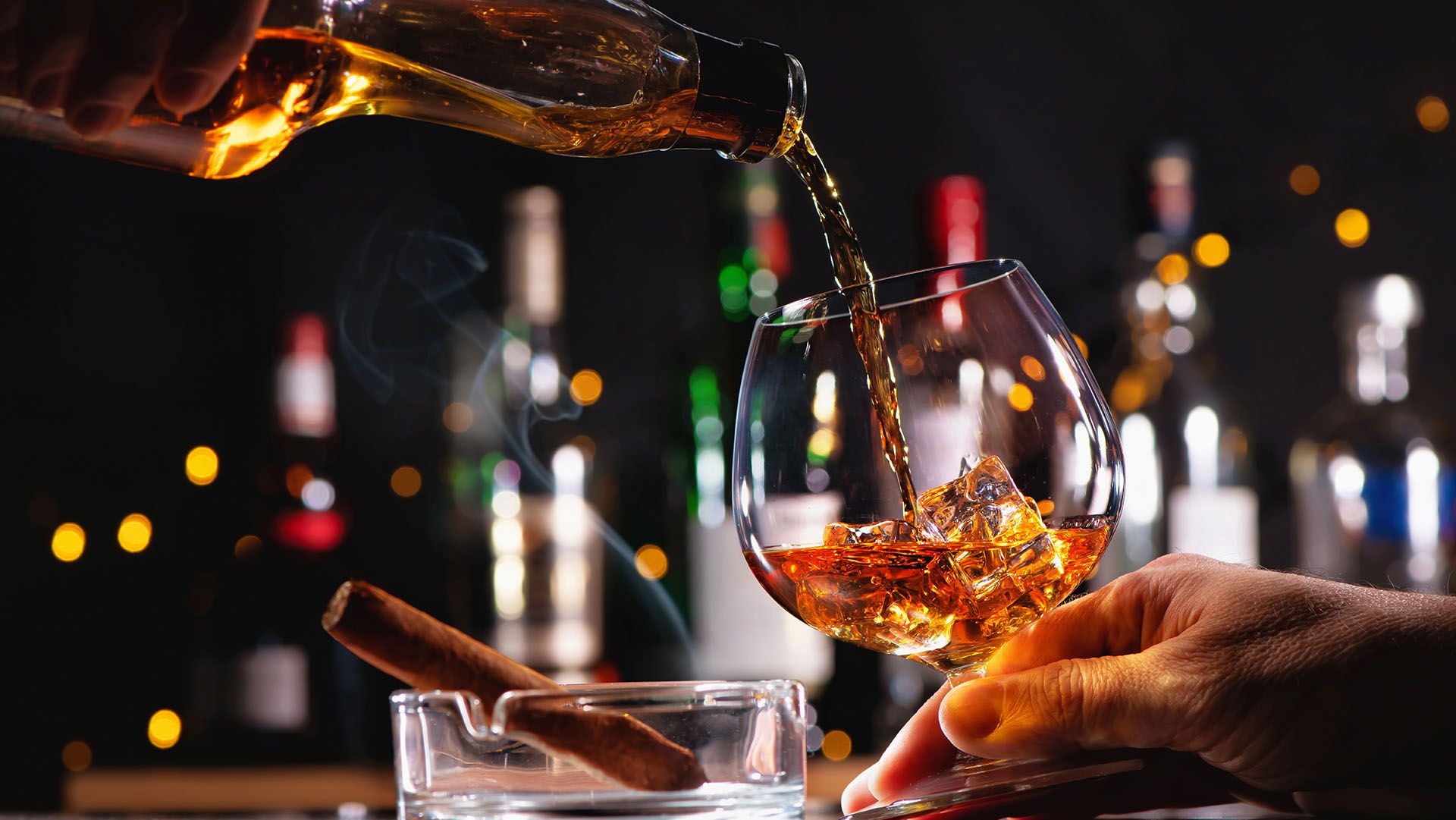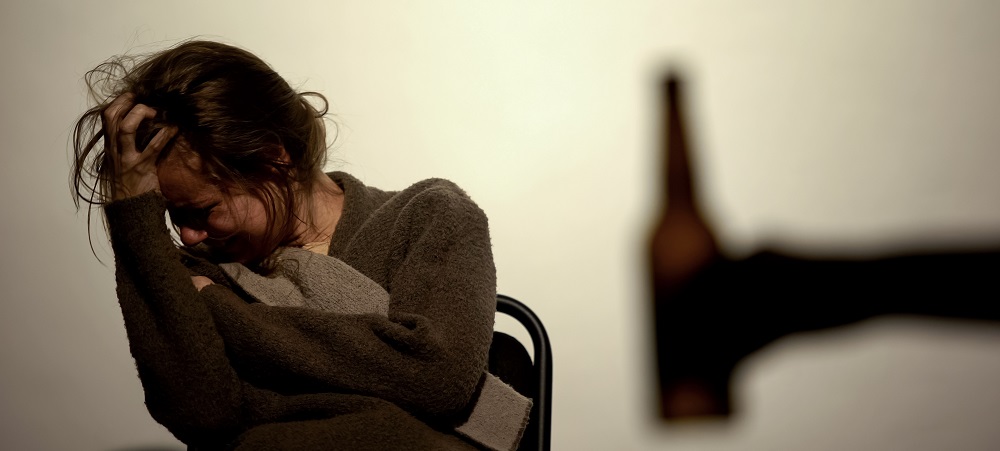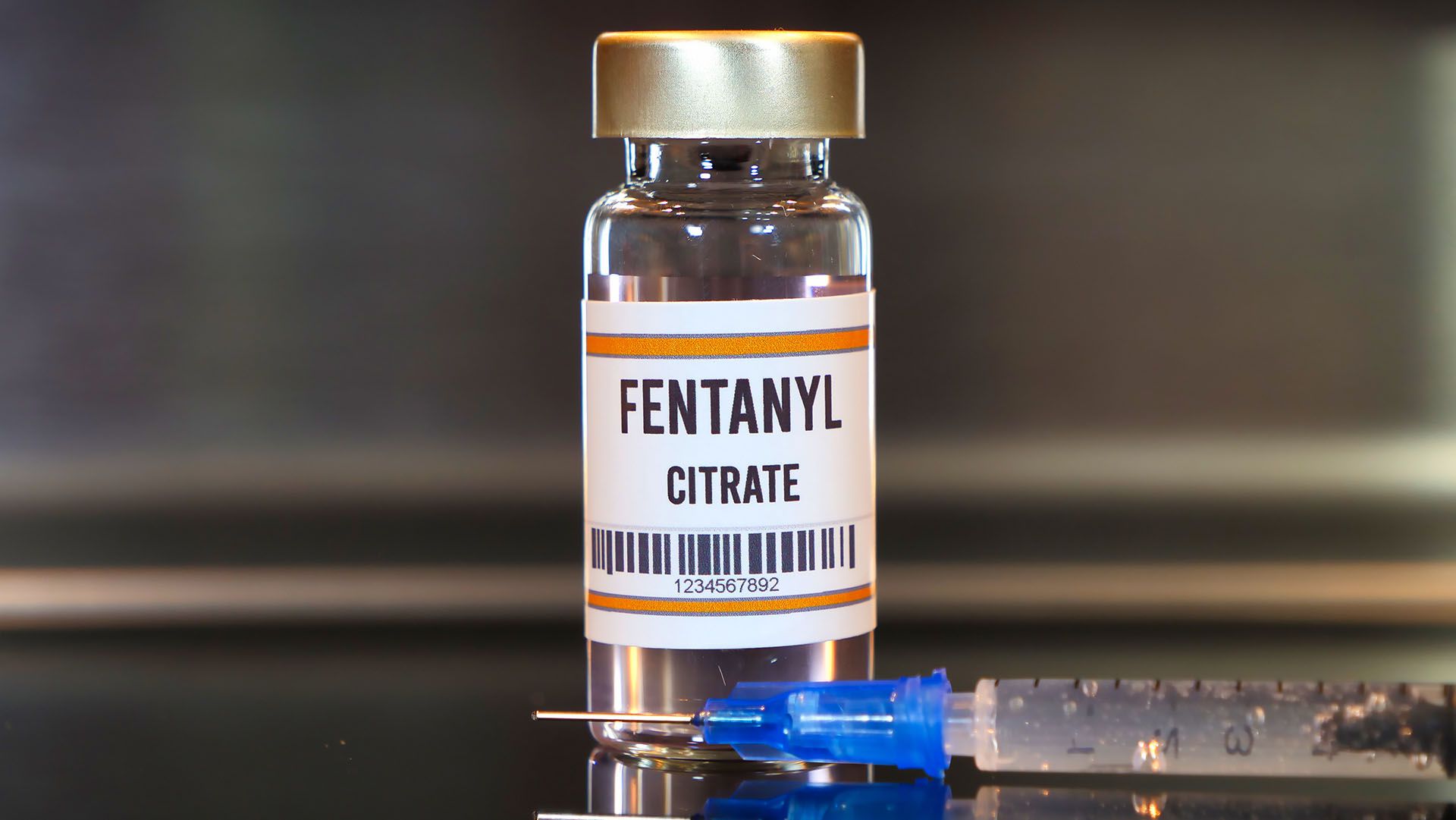Am I An Alcoholic?
Seventy percent of Americans drink at least annually, and nearly 90% have consumed alcohol at least once. Alcohol is our nation’s favorite drug and is so popular that many users refuse to even acknowledge that it is a drug. About 29% of drinkers drink to excess. Though not all excessive drinkers become alcoholics, regular consumption of alcohol is a risk factor for addiction. If you’re an alcoholic—or worried you might be at risk for becoming one—we can help you chart a course back to sobriety.
The Cycle of Alcoholism
If you’re anything like most drinkers, you can probably drink a lot more today than when you first started drinking. This is thanks to the process of chemical tolerance. Over time, your body builds resistance to alcohol’s effects, causing you to need more alcohol to get the same buzz you once got with a lower dose. If you continue drinking, your tolerance will steadily increase, encouraging you to continue consuming ever-larger quantities of alcohol.
Heavy drinking is the most significant risk factor for alcoholism since it increases your likelihood of becoming chemically dependent. Chemical dependency is the hallmark of alcoholism and causes your body to mistakenly think it needs alcohol for survival. If you quit drinking once you’ve developed a chemical dependency, intense cravings, painful withdrawal, and even serious health problems can all conspire to get you back to the bottle.
I Drink, But Am I an Alcoholic?
If you have to ask whether you’re an alcoholic, you’re at risk of becoming one, whether or not you currently are. Try quitting drinking for a few days; if you’re able to do so without a problem, you may not be an alcoholic. But if cravings drive you back to alcohol, you’re an addict. Some other symptoms of alcoholism include:
- Alcohol-related health problems such as liver failure and hepatitis.
- Changes in personality since you started drinking.
- Doing things you regret when you are drunk.
- Missing work or school because of alcohol.
- Being arrested for driving under the influence.
- Spending all or most of your day drunk.
- Drinking more than two drinks every day.
- No longer feeling drunk, no matter how much you drink.
- Forgetting important events because of alcohol.
- Prioritizing alcohol over everything else, or structuring your schedule according to when you’ll be able to take your next drink.
Treatment for Alcohol Addiction
Alcohol addiction treatment needs to address the social, psychological, and physiological side effects of alcohol abuse. We offer treatment for all three:
- Social: Alcoholism can destroy your relationships, finances, and career. We help you right relationships that have gone wrong and offer you the coping skills you need to begin repairing the lifestyle effects of alcohol.
- Psychological: Group support and therapy both help you better understand your addiction. In so doing, you’ll gain a greater appreciation for what alcohol has taken from you, giving you a strong incentive to get back on track. Therapy will also help you master the social and relationship skills you’ll need to avoid relapsing.
- Medical: Alcohol is one of the world’s most addictive drugs, and the effects of detox can prove deadly. Our medical team offers drugs such as Antabuse that can reduce your cravings. We’ll monitor you for symptoms such as dehydration, and treat them as they appear. We also help you master the skills you need to repair your health through regular exercise, good nutrition, and a healthier lifestyle.
Contact Addiction Rehab Centres Canada today!
Further Reading:
Alcohol Addiction Treatment
Do I Need Alcohol Rehab?
Alcohol Detox
Treating Alcohol Addiction
WebMD: Alcohol Abuse & Dependence
Alcohol Facts & Statistics







